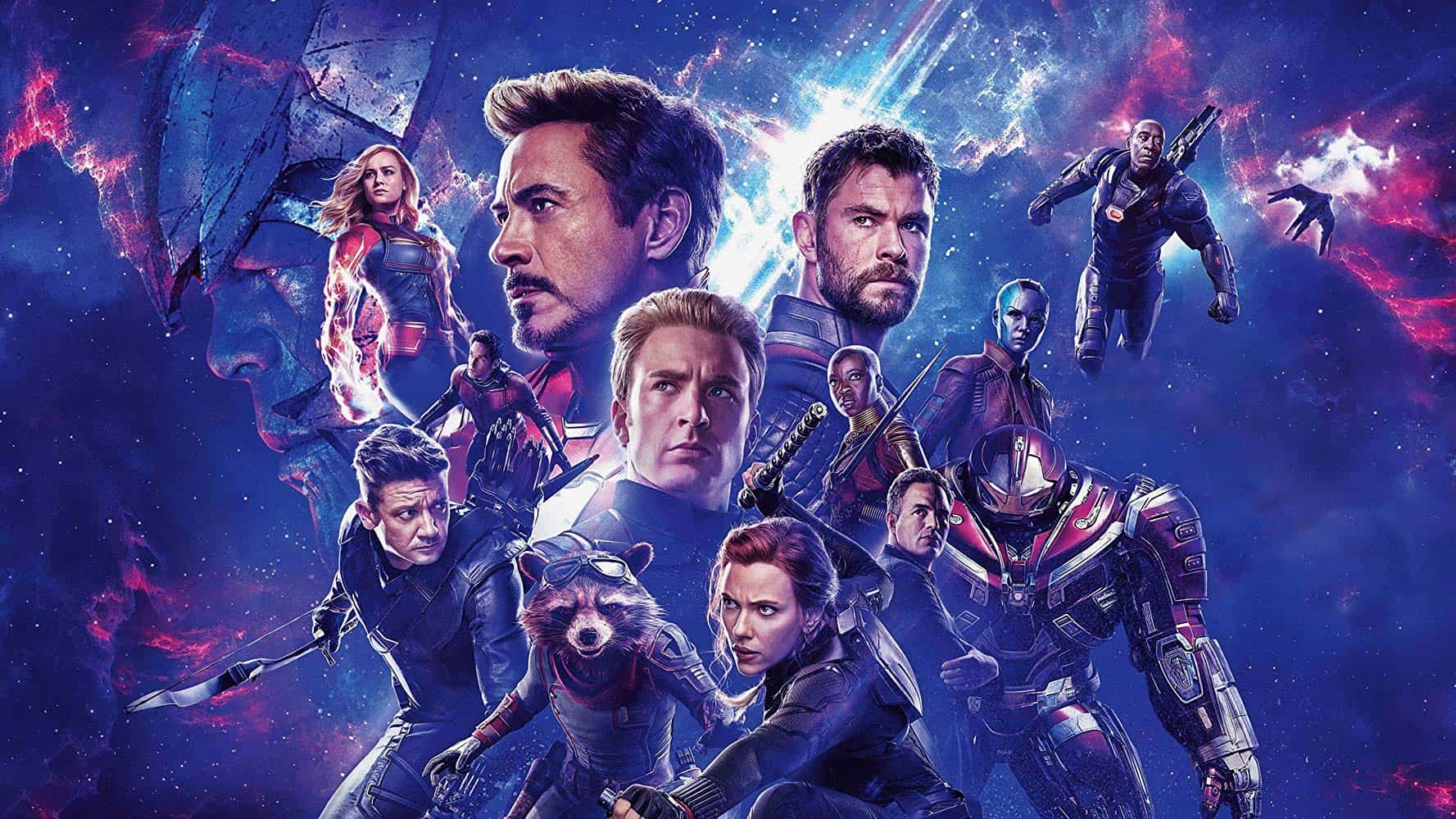[SPOILER ALERT: This article contains significant details from the movie Avengers: Endgame]
Grossing over 1.2 billion dollars in its opening weekend, Avengers: Endgame represents the culmination of over eleven years of planning, 22 movies, and a dozen or so television shows—all building to the epic resolution of a battle near-incomprehensible in its scope. Despite the many predictions and theories on how the Avengers would win, the movie focuses on something more important: revealing the value of the why behind our actions.
The plot provides entertainment with the classic Marvel/superhero charm. Framed around time travel, the movie revisits previous scenes and characters from the last decade of movies, paying homage to the lengthy journey to get here. But, Avengers: Endgame is much less a movie on how the heroes will defeat Thanos or how Thanos won in the first place, but rather it is a movie concerned with the why motivating both the heroes and the villain.
In Endgame we seek the why behind the narrative, and in doing so we encounter a story which propels the audience through heartbreak into hope.
Don’t Trust the Excuses of Evil
After Avengers: Infinity War, there was a tension within audiences regarding Thanos’s motivations. Thanos argues that his goal—to kill 50% of all living things—was motivated by a sort of altruism. The flashbacks within the movie show a character haunted by realities of resource shortages, a character who claims that he nobly is the only one to make “the hard choice” to solve such suffering.
Yet, despite those who claim #Thanosdidnothingwrong, the fact remains that his actions at the end of Infinity War were incomprehensible. The ends do not justify the means. His actions were evil in and of themselves, despite his sympathetic portrayal as a “tortured villain.”
One of the beautiful aspects of Avengers: Endgame is that any sort of sympathy for Thanos is deconstructed. In the most recent installment, he claims that if he had known that the Avengers and others would be so ungrateful for his “snap,” he would have killed all life and started from scratch. Later, he even admits that he is going to enjoy the destruction of earth and the Avengers. At the end of the final battle, when the power seems to shift away from his side, he orders his spaceships to open fire upon the battlefield, targeting both his enemies and allies.
These moments are essential to his character development, as they reveal to us that his claims within Infinity War were lies. He was never concerned about some sort of “greater good,” but he was concerned with power. It was never the brave or noble “hard choice” despite what he claimed. Rather, he wanted to win. To do so, he would undertake whatever means necessary, including the complete destruction of all known existence.
The sympathy and loyalty that he seeks from the audience only hides the guilt and evil which Avengers: Endgame reveals. Evil offers all kinds of justifications, but these are not to be trusted. The truth behind his actions ultimately exposes him.
Of course, the question then is who can defeat Thanos?
Revenge and Regret Can’t Save the Day
The opening scenes of Avengers: Endgame show us the emotional aftermath of the impossible evil—our heroes share the same despair and hopelessness that audiences felt at the end of Infinity War. Captain Marvel appears and brings with her a sort of hope. Together they create plan: find Thanos, take the gauntlet, undo the snap.
It’s a simple plan, and it works. Sort of. They find Thanos, capture him, and realize his final devastating act: he destroyed the stones, making his snap permanent. They’ve defeated him, but they’ve still lost.
In anger and frustration, Thor swings his axe and kills Thanos. It’s a brutality that is somewhat shocking within the Marvel universe, but Thor coldly responds, “I went for the head.” His action was motivated by revenge and crosses a line. The entire rest of the movie Thor fights his own inadequacy, self-hatred, and anger—it incapacitates him as a hero, eventually even negating his ability to wield the gauntlet later in the movie. Revenge, anger, and hatred could not save the day.
Before this encounter with Thanos, Captain America reveals that he cannot see past losing again to Thanos—he claims that the plan has to work “cause I don’t know what I’m gonna do if it doesn’t.” Perhaps it is because he is bound by duty, and failed in that duty, but he cannot recover: “Some people move on… but not us.” He becomes a man so haunted by regret, that he no longer holds hope.
Because Captain America feels he has lost everything, he also feels his life doesn’t have value. His storylines often rely upon his laying down his life for others, yet that sacrifice always held stakes—it was a genuine sacrifice of something he holds dear for others. With nothing left to lose, his despondency makes his actions less heroic as they carry none of the genuine sacrifice. Similar to Thor, Captain America’s desperation and sense of loss incapacitate him as a hero.
Neither revenge nor regrets could save the day.
Genuine Sacrifice Saves the Day
Despite the crack within the heroism of Captain America and Thor, Endgame offers us genuine heroism which relies upon selfless sacrifice. Two striking examples reveal this heroism.
Audience members remember from Infinity War that in order to attain the Soul Stone there must be a particular sacrifice of love. Of course, neither Hawkeye or Black Widow know this as they seek the Soul Stone. The Keeper of the stone informs them of the stakes, and what ensues is an epic struggle between to the two heroes—they are fighting, ironically, to defeat the other in order to save the other.
Their battle is fascinating, because it is one motivated by love. They love each other and therefore try to stop the other one from sacrificing themselves. Ultimately, literally hanging over the edge of the cliff, Black Widow “wins,” but she does so only by begging Hawkeye to let her go. She makes the selfless sacrifice necessary to secure the Soul Stone.
The pinnacle of letting go and sacrifice comes in the climax of the movie and culmination of the entire series from Iron Man, who suddenly has the most to lose. Despite having lost his “adopted son” Peter Parker, whom we know as Spider-Man, Iron Man is in some ways better off after Thanos’s snap. In the five-year aftermath of the snap, we see that Pepper Potts survives, they get married, and have a daughter—his interactions with Pepper and his daughter are absolutely beautiful. Of course, this also means that when he eventually lays down his life to defeat Thanos, his sacrifice carries so much more weight.
Dr. Strange in Infinity War claimed that there was only one way—out of millions of scenarios—for the Avengers to win, and it seems that it required the genuine heroism of sacrifice. This is not the revenge of Thor or the desperation born out of Captain America’s regret, it is a pure heroism which carries a heavy price. As Tony snatches the stones from Thanos, he defines himself: “I… Am… Iron Man.”
The line proceeds his own snap, but it also claims his central identity as a hero—not one simply motivated by regret or revenge, but a hero willing to sacrifice the impossible for others. That beautiful and noble why behind his actions breaks our hearts, but it also reminds us that love is greater and more heroic than evil can ever overcome.


